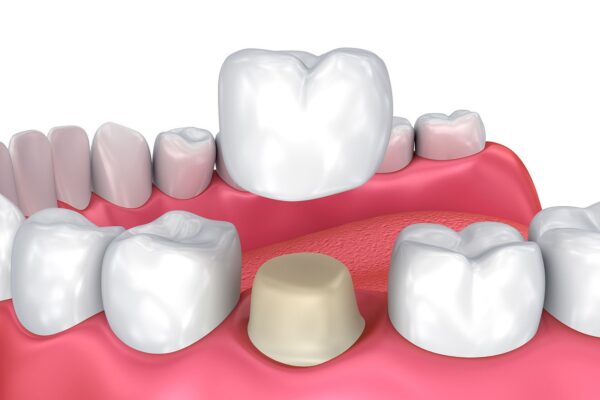Vitamin B1 is also called Thiamine and must be consumed daily as it water-soluble vitamin just like other vitamin B complex that cannot be stored by body itself. Foods which have high concentrations of vitamin B1 are eggs, whole grains, pulses, pork, buts, beef, liver, germ of cereals, and yeast. Some vegetables and fruits are also rich sources of it, including potatoes, cauliflower, asparagus, kale, oranges, and many more.
While boiling these foods in water, thiamine gets destroyed. So, it becomes quite tough to get it from the natural resources. Here comes the important role of vitamin tablets which are available in the market to replenish Thiamine.
Signs Of Vitamin B1 Thiamine Deficiency
- Breath Shortness and Change In Heart Rate: Heart rate measures how many times heart beat in a minute. Level of thiamine can affect it. Thiamine deficiency may decrease in heart rate and results in shortness of breath, dizziness and increased fatigue. Vitamin B1 helps in efficient blood pumping. Lack of it, leads to fluid accumulation in lungs and breathing becomes difficult.
- State Of Confusion: Vitamin B1 deficiency results in delirium which results in reduced awareness, thinking inability, and state of confusion. Deficiency also includes hallucinations and memory loss.
- Vomiting in infants: Some of the digestive and gastrointestinal symptoms have been resolved by vitamin b1 supplementation. Puking and nausea are common symptoms of deficiency of thiamine in infants that are resolved by the thiamine supplementation.
- Loss of vision: Vitamin B1 deficiency can cause blurry vision, swelling on optic nerve & neuropathy, even loss of vision. Vision in patients have shown a significant improvement after taking b complex tablet.
- Muscle Weakness: Muscle weakness is common. It can be due to physical activity and many other things. But if you are facing muscle weakness without any clear reason, it may be a sign of vitamin b1 deficiency.
- Tingling Sensation: Burning, tingling, or any sensation in legs and arm are symptoms of paresthesia which is caused by deficiency of Thiamine.
- Reduces Reflexes: Vitamin B5, B1, and other vitamin B complex are responsible for better reflexes of ankle, triceps, knees, and joints. Lack of these causes stiffness and reduction reflexes in them.
- Mood swings: Irritability, frustration, agitation, and getting quickly upset are caused by various psychological conditions. But also primary symptoms of deficiency in vitamin B complex.
- Appetite Degradation: Loss of appetite is a very common and early symptom that your body shows in thiamine deficiency. Scientists accept that vitamin B1 plays a vital role in appetite regulation as it helps to convert food into fuel. Energy gets exhausted slowly and you may face fatigue suddenly or gradually.
There are some other conditions in which you must use vitamin B1 for aid.
- Stress
- Weak immune system
- Cataracts and other vision problems
- Regulating blood sugar level
- Avoiding brain weakness
- Anti-aging properties
- Enhances RBC productions
- Beriberi
These are the deficiency of Thiamine. To avoid all these we have to choose our food wisely that consists of vitamin B1 and other vitamin B complex. Keep one thing in mind: don’t heat the food more otherwise vitamin B could be destroyed.





